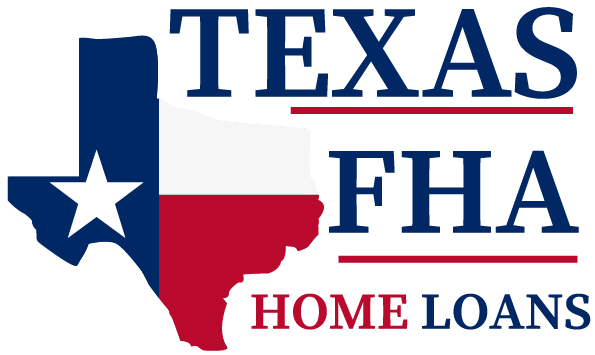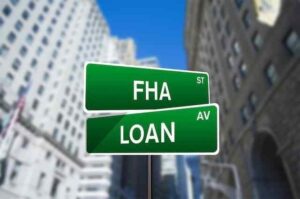If you’re looking to buy a home in San Antonio, Texas, but need more money for a large down payment, an FHA loan might be a good option. The Federal Housing Administration backs FHA loans and has flexible qualification requirements that make homeownership more accessible to people with lower credit scores and less money saved for a down payment. We’ll explain the eligibility requirements for an FHA loan and go over the pros and cons of this type of loan.

FHA Eligibility Requirements
You must meet specific eligibility requirements to qualify for an FHA loan in San Antonio, Texas. First, you must have a minimum credit score of 580 to qualify for a 3.5% down payment. However, if your scores are between 500 and 579, you will need to put down 10% or more of the home’s purchase price. Be aware that certain restrictions will apply for those with scores below 580.
Second, you’ll need to have a stable employment history and demonstrate that you have a steady source of income. A 2-year verifiable work history is required unless you are a recent college graduate.
Finally, you’ll need a debt-to-income ratio below 45%, meaning your monthly debt payments (including your mortgage payment) cannot exceed 45% of your monthly income. With compensating factors, such as a high credit score or plenty of reserves, your DTI ratio may be as high as 50%.
Pros and Cons of an FHA Loan
Now that we’ve covered the eligibility requirements for an FHA loan in San Antonio, Texas, let’s go over the pros and cons of this type of loan.
Pros:
Low Down Payment: One of the most significant advantages of an FHA loan is the low down payment requirement. You can put down as little as 3.5% of the home’s purchase price, which can make it easier to afford a home if you don’t have a lot of money saved up.
Flexible Credit Requirements: Another advantage of an FHA loan is the flexible credit requirements. You can qualify for an FHA loan with a credit score as low as 500, which is lower than most conventional loans. This can make it easier to qualify for a loan if you have a less-than-perfect credit history.
Higher Debt-to-Income Ratio Allowed: FHA loans allow for a higher debt-to-income ratio than many conventional loans, making it easier to qualify if you have a lot of debt.
Cons:
Mortgage Insurance Premium: One downside of an FHA loan is that you’ll be required to pay a mortgage insurance premium, which can increase your monthly mortgage payment. The MIP is for the life of the loan and may only be canceled if you pay off the loan or refinance to a conventional loan.
Limited Loan Amounts: FHA loans have limits on how much you can borrow, making it difficult to buy a more expensive home in certain areas.
Property Requirements: FHA loans have specific property requirements that the home you’re buying must meet. For example, the home must be your primary residence and meet particular safety and soundness standards.

